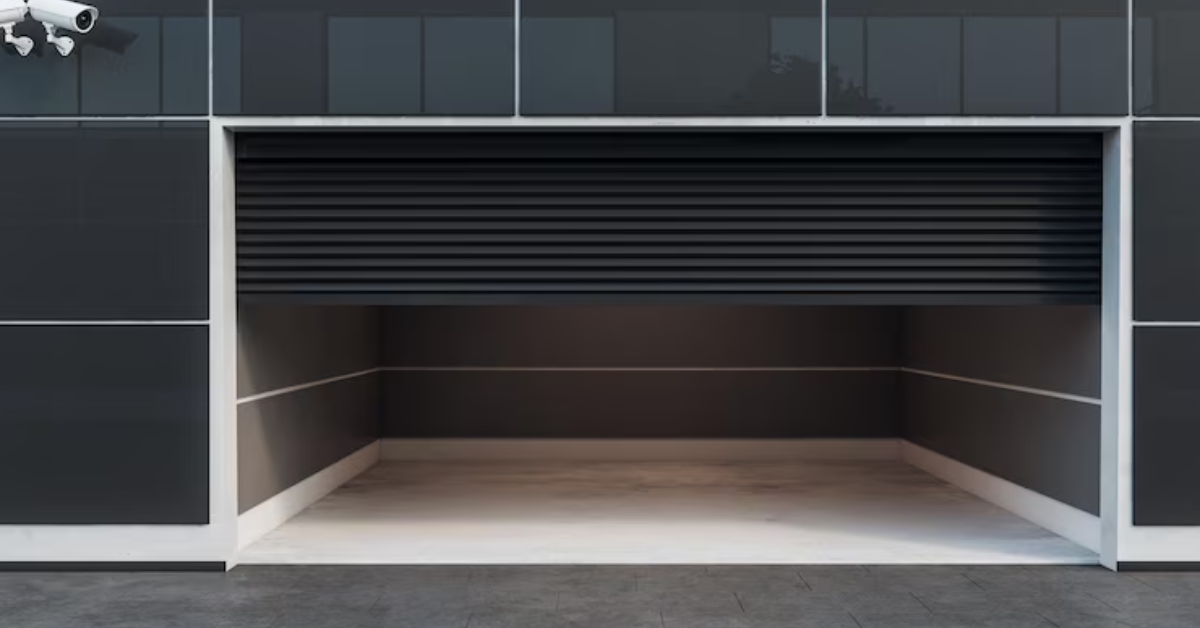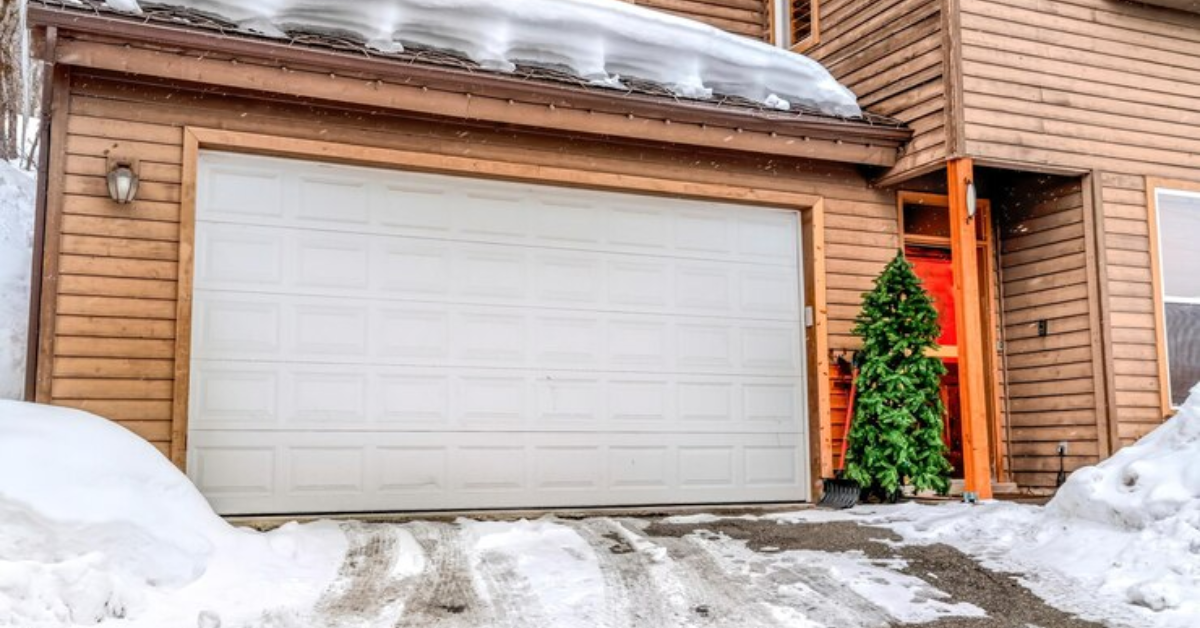How Do You Grease an Automatic Garage Door?
Maintaining your automatic garage door may not be at the top of your to-do list, but greasing it regularly can make a big difference. A properly lubricated garage door reduces noise, improves performance, and extends the life of its components. If your door is squeaky, jerky, or slow, it’s probably time for some maintenance. But how do you grease an automatic garage door the right way? Here are the steps to safely and effectively lubricate your garage door, along with helpful tips to ensure everything runs smoothly.
Why Greasing Your Automatic Garage Door Is Important
Automatic garage doors are made up of several moving parts, including rollers, hinges, springs, and tracks. These parts work together to lift and lower the door efficiently. Without regular lubrication, friction builds up, which can lead to wear and tear or even complete breakdown of the door’s mechanism.
Lubricating your garage door reduces this friction and helps prevent unnecessary repairs. It also quiets down annoying noises and keeps the operation smooth, especially during weather changes when parts tend to contract or expand.
How Often Should You Grease Your Garage Door?
A good rule of thumb is to grease your automatic garage door every six months. If you live in an area with extreme temperatures or your garage door is used frequently, you might want to do it more often—about every three to four months.
What You’ll Need
Before you begin, gather these essential tools and products:
- Garage door lubricant spray (preferably lithium-based or silicone-based)
- Clean rag or cloth
- Safety gloves
- Step ladder
- Mild household cleaner (optional)
Avoid using WD-40 or oil-based lubricants. While they can stop squeaks temporarily, they often attract dirt and dust, which can damage components over time.
Step-by-Step Guide: How to Grease Your Automatic Garage Door
1. Disconnect the Power
Safety first. Disconnect your garage door opener from the power source before starting. This prevents any accidental opening or closing while you work.
2. Clean the Moving Parts
Wipe down the areas you’ll be lubricating to remove dust, grime, or old lubricant. Use a clean cloth and, if necessary, a mild cleaner. Make sure the parts are dry before applying any new lubricant.
3. Apply Lubricant to Key Components
Here’s where the real work begins. Focus on the following areas:
- Hinges: Lubricate where the hinge pivots. Open and close the door a few times to distribute the grease.
- Rollers: If your garage door has metal rollers with ball bearings, spray inside the bearings. Do not lubricate nylon rollers unless they have exposed bearings.
- Springs: Torsion springs above the door should be sprayed lightly. Be cautious—these springs are under high tension.
- Tracks (optional): Clean the tracks but do not grease them. Lubricating tracks can cause dirt buildup. Instead, keep them clean and debris-free.
- Locking mechanisms: If your door has a manual lock, a small amount of grease can keep it functioning smoothly.
4. Operate the Door Manually
Reconnect the power and run the door up and down a few times to allow the lubricant to spread evenly across all moving parts.
Common Mistakes to Avoid
Even though greasing a garage door is simple, there are some mistakes to steer clear of:
- Using the wrong lubricant: As mentioned, avoid WD-40 or oil-based products.
- Over-lubricating: Too much grease can drip, attract dust, and make a mess.
- Forgetting safety precautions: Always disconnect the power and wear gloves for protection.
Signs Your Garage Door Needs Lubrication
Not sure when to grease the door again? Look for these signs:
- Unusual squeaking or grinding noises
- Slower operation
- Jerky or uneven movement
- Visible rust on metal components
Any of these symptoms suggest it’s time for another round of lubrication.
Final Thoughts
Regularly greasing your automatic garage door is a simple yet essential part of home maintenance. It ensures a quiet, smooth operation and protects your investment from costly repairs. By following the right steps and using the appropriate tools, you can keep your garage door in great shape all year round.
Make it a habit to inspect your door every few months.




